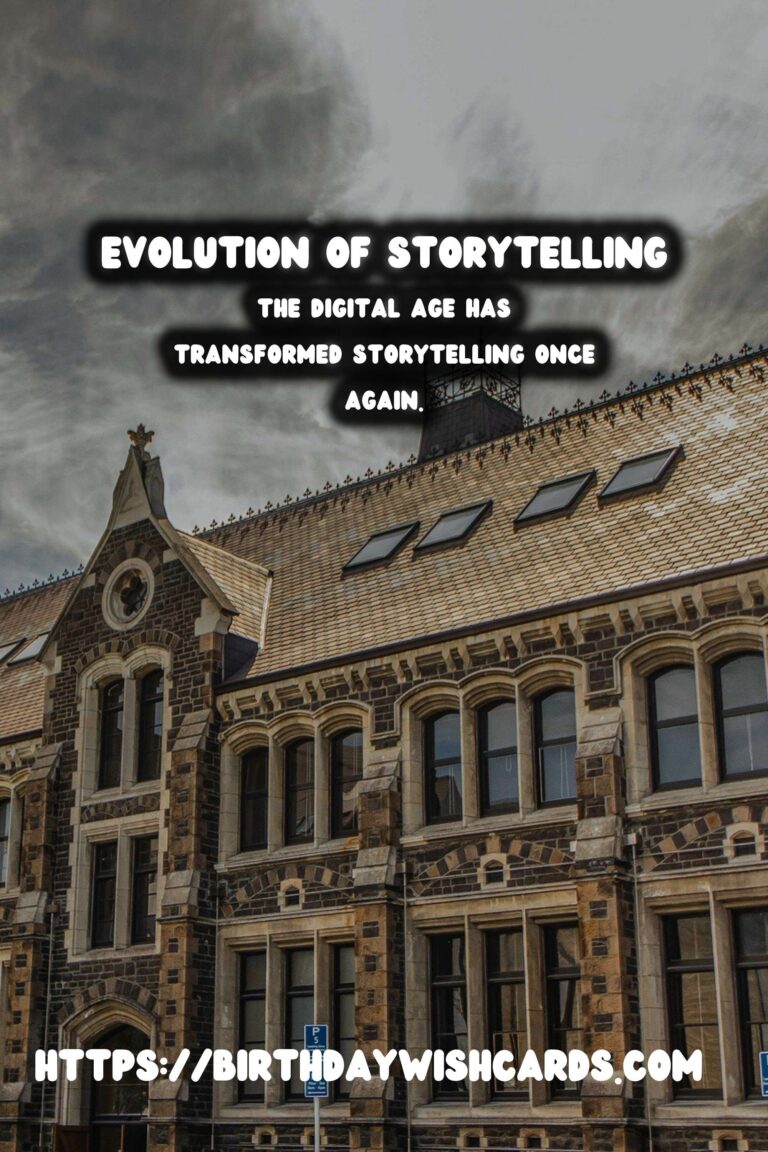
Storytelling has been a fundamental part of human culture since ancient times. It evolves, transforms, and adapts, much like the cultures it emerges from. From the earliest epics to the nuanced narratives of modern novels, storytelling has continually enriched human experience.
Ancient Epics: The Birth of Storytelling
In the cradle of civilization, stories were told through oral traditions long before the advent of writing. The earliest known stories are epics that capture the imagination and beliefs of ancient peoples. Works like the ‘Epic of Gilgamesh’ from Mesopotamia and ‘The Iliad’ and ‘The Odyssey’ by Homer are prime examples of this era. These storytelling masterpieces provided more than entertainment; they offered explanations of natural phenomena, cultural values, and conveyed moral lessons.
The Evolution to Written Narratives
As societies became more complex, the need for reliable and lasting methods of recording stories became apparent. The advent of writing around 3400 B.C. allowed storytelling to transcend oral traditions. Texts could be passed down, sometimes unchanged, for generations. The Egyptians, with their hieroglyphics, and the Greeks, with their prose and poetic texts, laid the groundwork for future storytelling.
The Golden Age of Novels
The democratization of storytelling came with the printing revolution in the 15th century. Johannes Gutenberg’s invention of the printing press made books more accessible, paving the way for the novel’s rise. In the 18th and 19th centuries, major classics like ‘Don Quixote’ by Miguel de Cervantes and ‘Pride and Prejudice’ by Jane Austen began to define and refine the novel format.
Modern Storytelling: Novels in the Digital Age
The digital age has transformed storytelling once again. Modern novels can reach a wider audience through e-books and audiobooks, breaking down barriers to access. This era of storytelling is characterized by a diversity of voices, genres, and styles, reflecting the dynamic changes in our society.
The Continued Importance of Storytelling
Regardless of the medium, storytelling remains an essential cultural practice. It offers a window into other worlds, allows for the exploration of complex issues, and fosters empathy and understanding among people.
From the ancient epics to the digital novels of today, storytelling continues to be a vital expression of human creativity and connection.
Storytelling has been a fundamental part of human culture since ancient times. The digital age has transformed storytelling once again. 
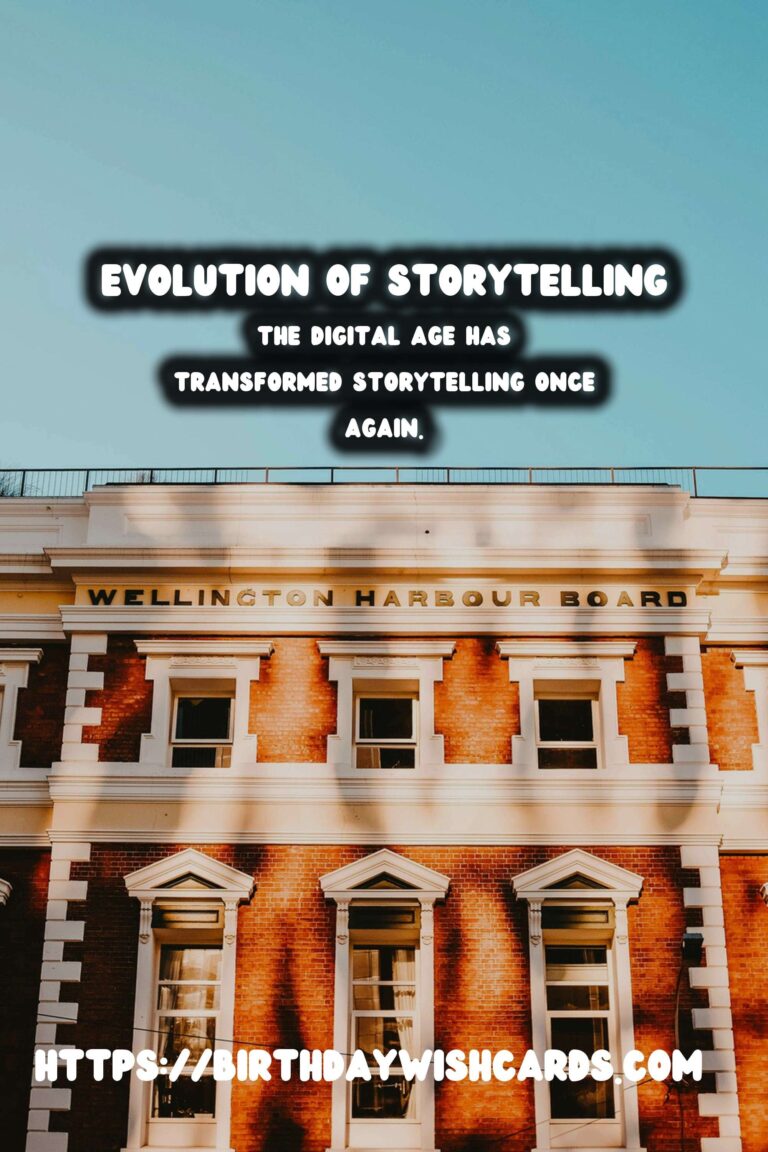
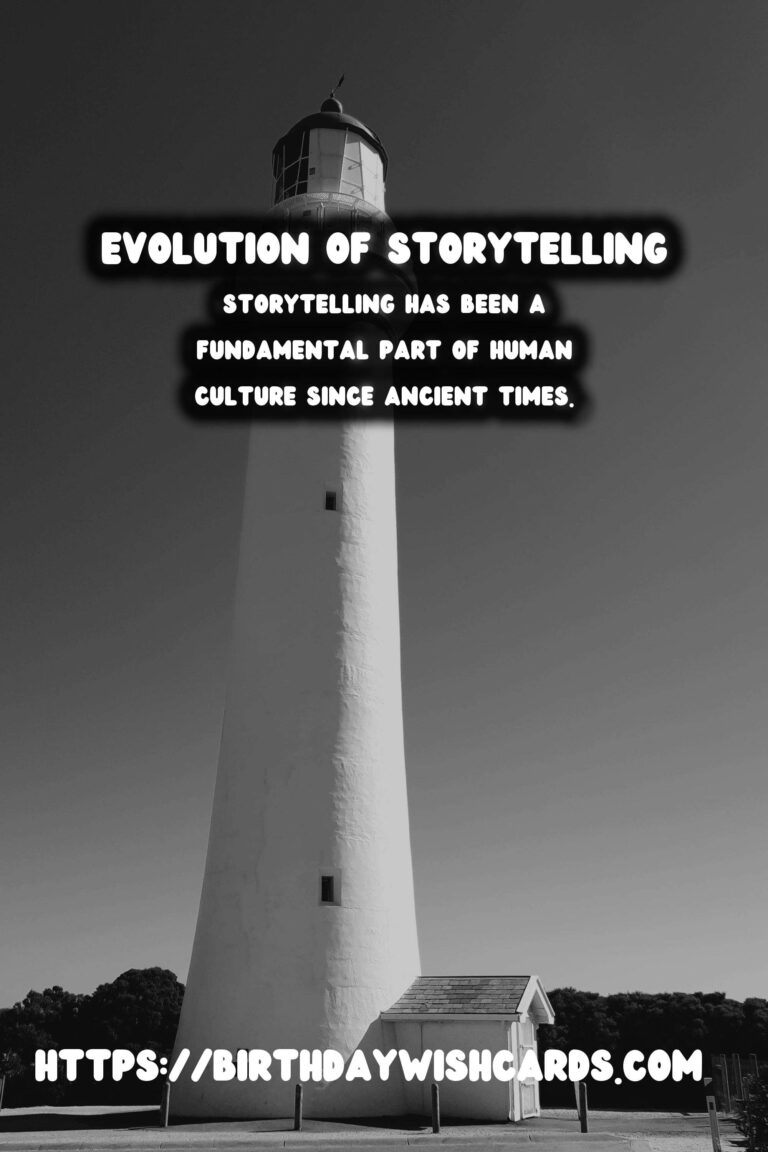
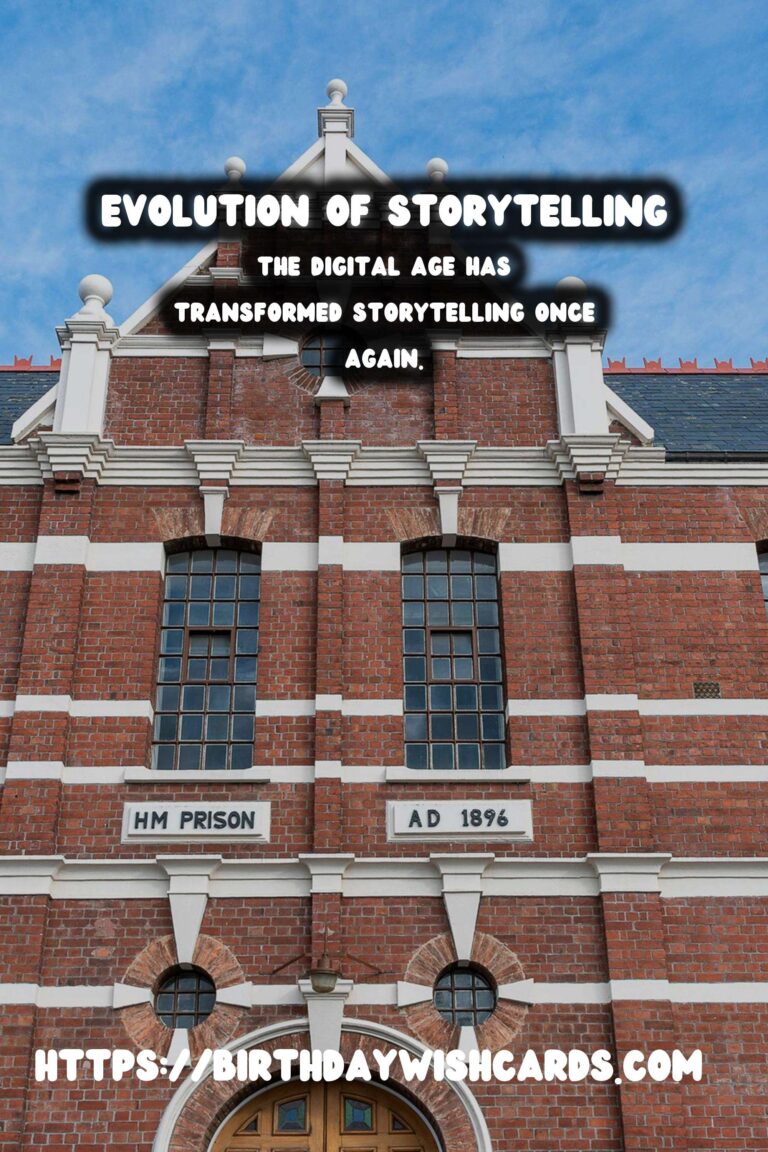
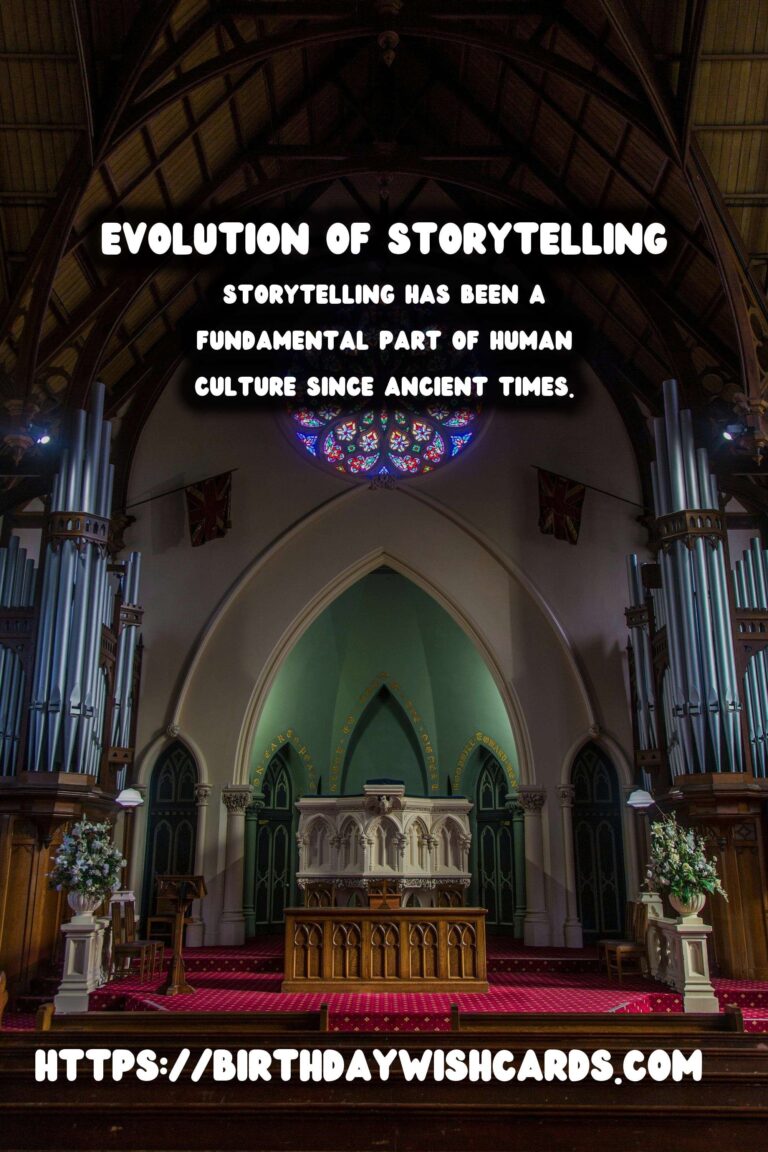

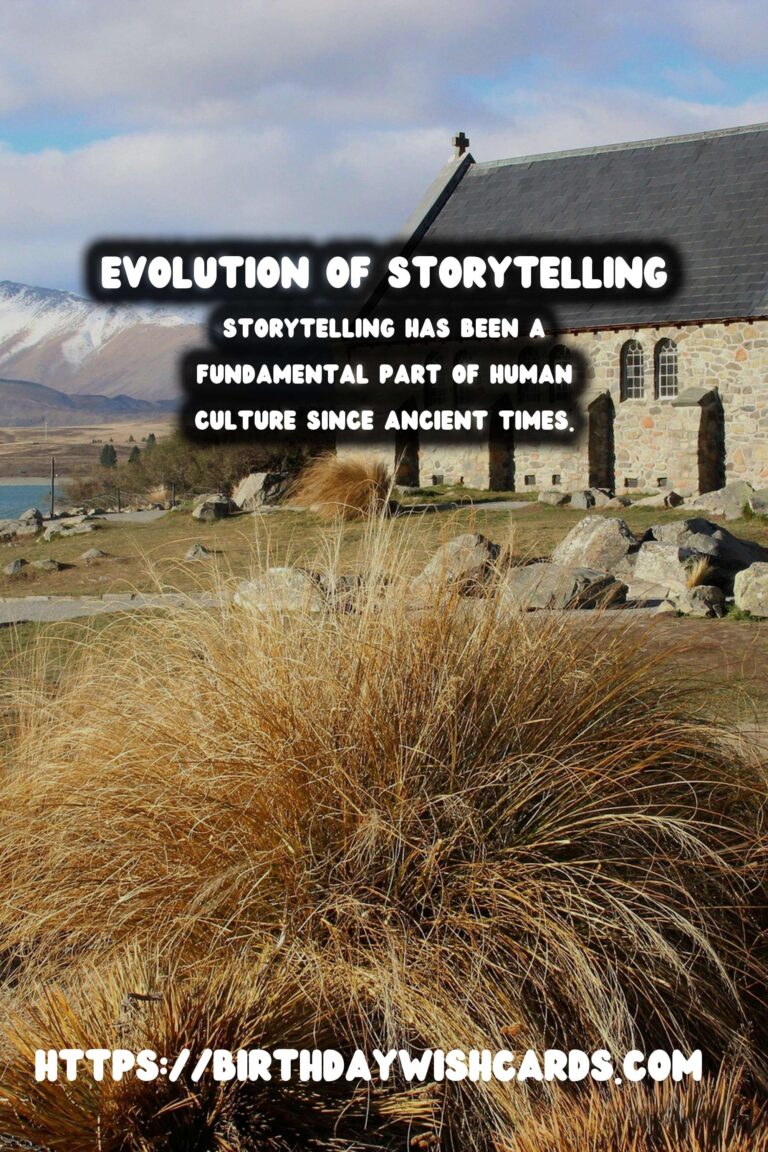


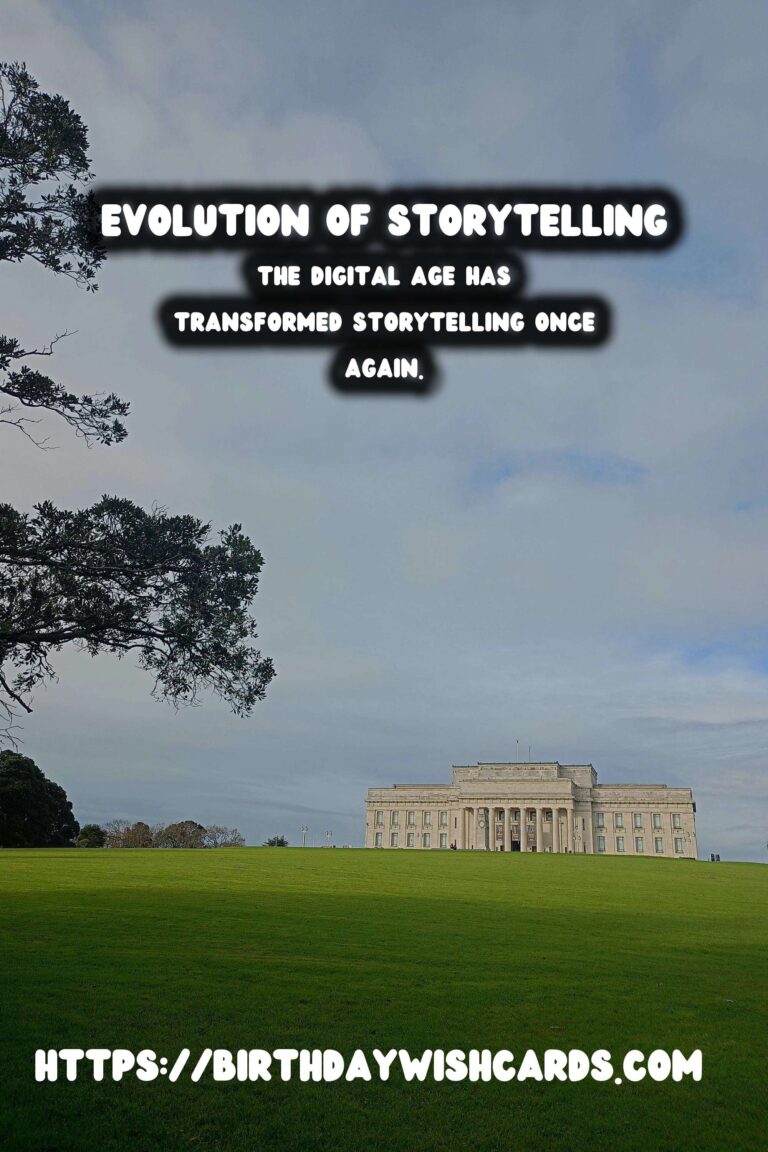
#Storytelling #Literature




